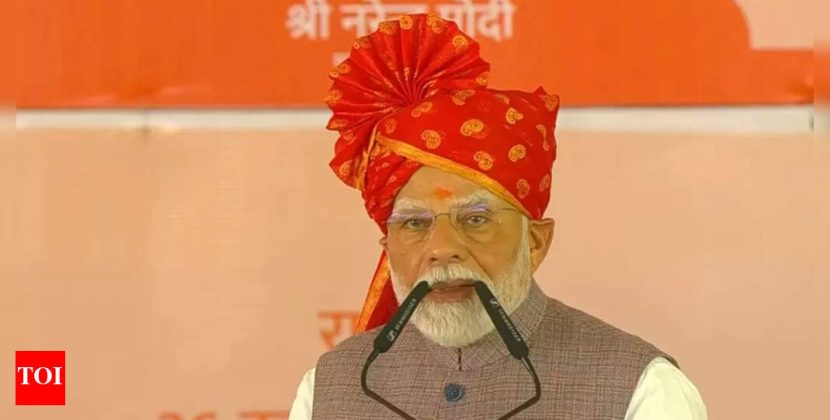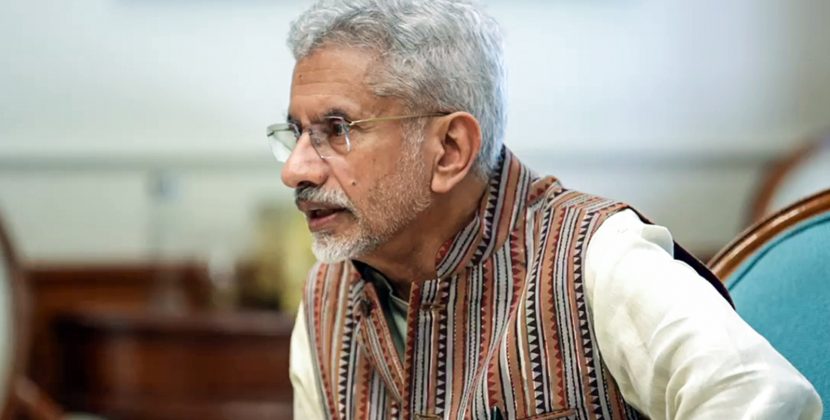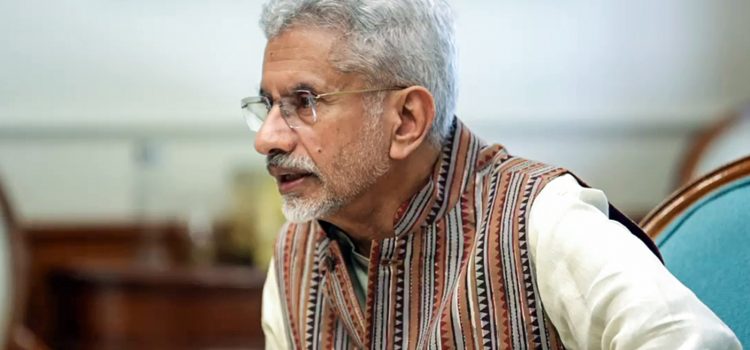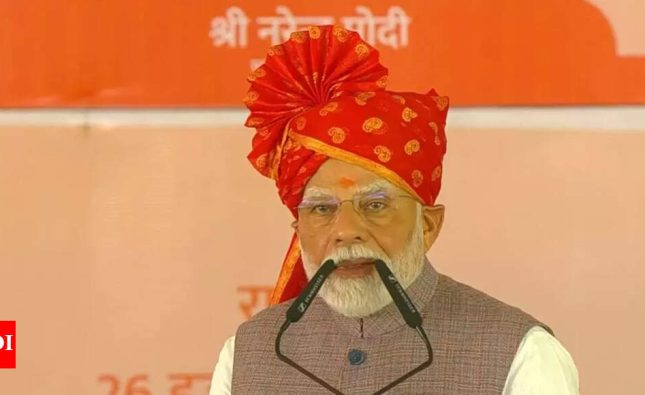
External affairs minister S Jaishankar responded to questions about the role of the US, particularly President Donald Trump’s claims about brokering a truce between India and Pakistan, by clarifying that the May 10 understanding was the result of direct negotiations between New Delhi and Islamabad.
{{^userSubscribed}}
{{/usCountry}}
{{#usCountry}}
{{/usCountry}}
{{/userSubscribed}}
{{^userSubscribed}}
{{/usCountry}}
{{#usCountry}}
{{/usCountry}}
{{/userSubscribed}}
In an interview with Dutch public broadcaster NOS, Jaishankar reiterated that the understanding was reached after Indian strikes “compelled the Pakistani military to accept that we need to stop firing at each other”.
{{^usCountry}}
{{/usCountry}}
{{^usCountry}}
{{/usCountry}}
Also Read | ‘If the terrorists are in Pakistan, we will hit them where they are’: Jaishankar
He also ruled out any US role in this understanding or in any possible talks with Pakistan.
Jaishankar said US secretary of state Marco Rubio spoke to him while vice president JD Vance called up Prime Minister Narendra Modi, and there were also contacts by leaders of countries in West Asia and other regions aimed at reducing tensions.
{{^userSubscribed}}
{{/usCountry}}
{{#usCountry}}
{{/usCountry}}
{{/userSubscribed}}
{{^userSubscribed}}
{{/usCountry}}
{{#usCountry}}
{{/usCountry}}
{{/userSubscribed}}
“When two countries are engaged in a conflict, it is natural that countries in the world call up and…try to sort of indicate their concern…but the cessation of firing and military action was something which was negotiated directly between India and Pakistan,” he said.
“We made one thing very clear to everybody who spoke to us, not just the US but to everybody, saying if the Pakistanis want to stop fighting, they need to tell us. We need to hear it from them. Their general has to call up our general and say this. And that is what happened,” he added.
Jaishankar said the only issues India is willing to discuss with Pakistan is ending terrorism and the return of the part of Kashmir illegally occupied by the neighbouring country. The borders in Kashmir are not up for negotiation “because Kashmir is part of India”, he said.
{{^userSubscribed}}
{{/usCountry}}
{{#usCountry}}
{{/usCountry}}
{{/userSubscribed}}
{{^userSubscribed}}
{{/usCountry}}
{{#usCountry}}
{{/usCountry}}
{{/userSubscribed}}
Responding to a question about India being held back economically because of conflicts on the borders with China and Pakistan, Jaishankar said: “Our security challenges were far more threatening than yours [Europe’s], so we had to prioritise security. You don’t choose between security and economic prosperity. Today, you are realising that they are part of the same coin.”











